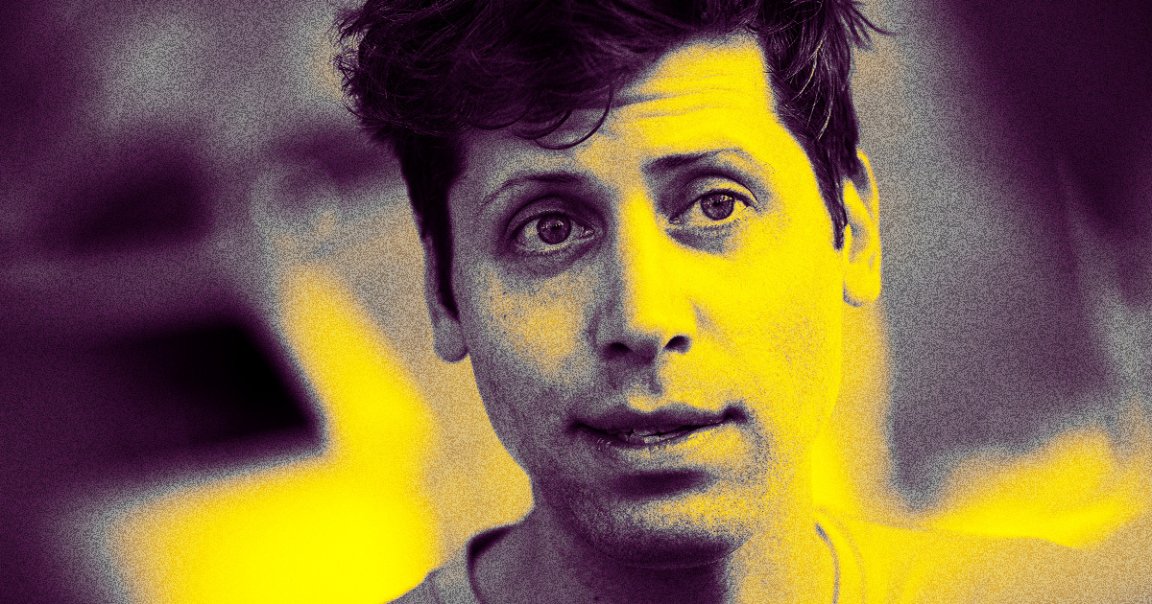
Altman’s Matrix
With ChatGPT’s hype cycle barrelling into its third consecutive month, it’s pretty easy to forget not only that Elon Musk was one of the co-founders of OpenAI, the artificial intelligence firm that spawned the chatbot, but also that its other co-founders are fairly eccentric themselves.
Take this New Yorker profile of OpenAI CEO Sam Altman, published in October 2016, before Donald Trump was elected.
One of the last OpenAI founders who remains at the company, Altman — who also is, in pure Silicon Valley fashion, president of the influential Y Combinator startup incubator — has over the years kept a relatively low profile save for the occasional outside venture and progressive political stance-making statements here and there.
But as it turns out, he sounds like a serious character — in some ways oddly similar to Nick Offerman’s doomsday prepper character in a recent episode of “The Last of Us.”
Weird Boys
For example, we present this off-handed exchange in the New Yorker story about being — we shit you not — a survivalist prepper who thinks a lab-made virus might bring about the apocalypse.
“I prep for survival,” said Altman, per the profile, while sitting around a fire pit at a Y Combinator party.
The tech wunderkind explained to the assembled partygoers that he’s freaked by the concept of the world ending and wants to prepare to survive it. The two scenarios he gave as examples, and we promise we’re not making this up, were a “super contagious” lab-modified virus “being released” onto the world population and “AI that attacks us.”
“I try not to think about it too much,” the OpenAI CEO told the reportedly uncomfortable startup founders surrounding him at that forgotten Silicon Valley gathering. “But I have guns, gold, potassium iodide, antibiotics, batteries, water, gas masks from the Israeli Defense Force, and a big patch of land in Big Sur I can fly to.”
So yeah, that’s the guy who is in charge of the company that was initially founded with the philanthropic goal of promoting responsible AI, and which subsequently decided to go for-profit and is now making money hand over fist on its super-sophisticated neural networks that many fear will take their jobs.
Do with that information what you will.
More on OpenAI: Whatever You Think of BuzzFeed’s AI Quizzes, They’re Way Less Horrible Than What CNET Has Been Doing